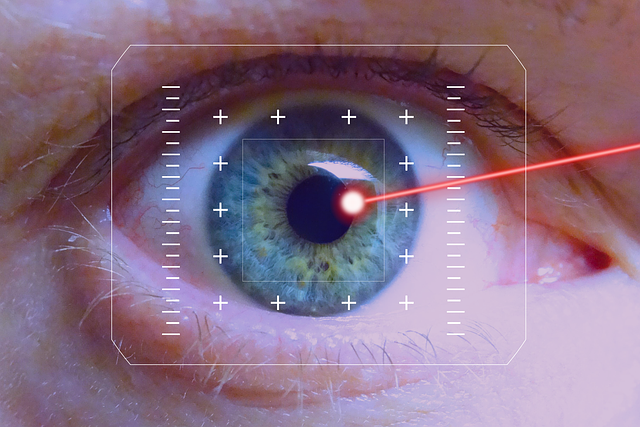I’m a total geek when it comes to technology, especially the kind of tech used in health care. This geekiness means that when I consider a medical procedure, I take the opposite approach from many patients. I start by investigating what’s happened with the tech, then evaluate different options and look at costs.
History of Technology in Laser Eye Surgery
Did you know that laser eye surgery was the most popular elective surgery in the world? I didn’t. I also didn’t realize that it had been around as long as it has.
Experiments began in the early 1980s into how technology could be used to perform laser eye surgery, and the concept gained serious momentum in 1983 when New York ophthalmologist, Doctor Steven Trokel discovered the ability to re-shape the cornea with a laser.
Experiments with animals began in 1984 and a short year later, Doctor Theo Seiler performed the first excimer laser procedure on a human patient in Germany. In 1986 the first excimer laser prototype was shown at the American Academy of Ophthalmology meeting in New Orleans, and the first Corneal Laser Congress took place in Germany.
Then, in 1989, Greek ophthalmologist, Ionnis Pallikaris, conceived the technique now known as LASIK and the technology began to gain notoriety in the medical community.
In the early 1990s, the technology began to make its way into ophthalmologists offices and specialty clinics.
As a geeky point of comparison, do you remember the computer you were using in 1993? I think mine was an IBM AT that cost a small fortune and ran Windows 3.1.
Just think how far personal computing devices have come since the early 1990s, then consider the phone in your pocket. It’s faster, better, more powerful and has far more storage than the desktop computers we were all using in the 90s.
Can we assume development of laser eye surgery devices have moved forward at the same pace? Probably not, since the market for the devices is far smaller than personal computers and now phones. However, there has been considerable development in the devices through the years, which have included faster lasers, larger spot areas, bladeless flap incisions, intraoperative corneal pachymetry, and “wavefront-optimized” and “wavefront-guided” techniques. All to improve the process and the results for the patient.
Cost
Like most things involving technology, the cost of laser eye surgery has come down considerably over time. While the expense of the procedure is lower than in decades past, it still depends on a number of variables. Things like which type of surgery you opt for, the clinic you choose, the experience of the surgeon you select for the procedure, and of course, the equipment, or technology being used.
Do your own research
Even if you don’t geek out about technology the way I do, it’s important to understand that price is only one item on your research checklist. Is the equipment they’ll be using for your procedure state of the art, or several years old? How many procedures has your surgeon done? Will they give you referrals?
As with all surgical procedures, there are risks involved. When meeting with your ophthalmologist, surgeon or consultant, be sure they have outlined these risks and be certain they address your questions or concerns. The clinic you choose should have your peace of mind as a top priority prior to any surgery taking place.






































